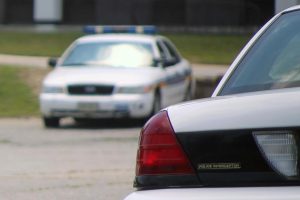One of the benefits of having an experienced criminal defense lawyer who is knowledgeable not only about statute, but also about local procedures, policies and players is you have an inside track on what you can generally expect from certain judges, prosecutors and courthouse rules. Some judges may have a reputation for strict adherence to certain dress codes, while others may be a bit more relaxed. Courts are often foreign to many criminal defendants, so knowing exactly what to wear, when to arrive, how to act and how/ when to address the court is important. 
One thing you will find most judges lack patience for is tardiness. Being on time is essential, and if you don’t have a very good reason for being late or missing a court appearance, you could face serious consequences. It could even result in an additional arrest.
Recently in South Dade, a defendant in a DUI with serious bodily injury case was slated to take a plea bargain, but all that fell apart and she is now facing many more years behind bars – because she was late to court, and the judge was frustrated with her behavior afterward. Continue reading
 Fort Lauderdale Criminal Attorney Blog
Fort Lauderdale Criminal Attorney Blog











